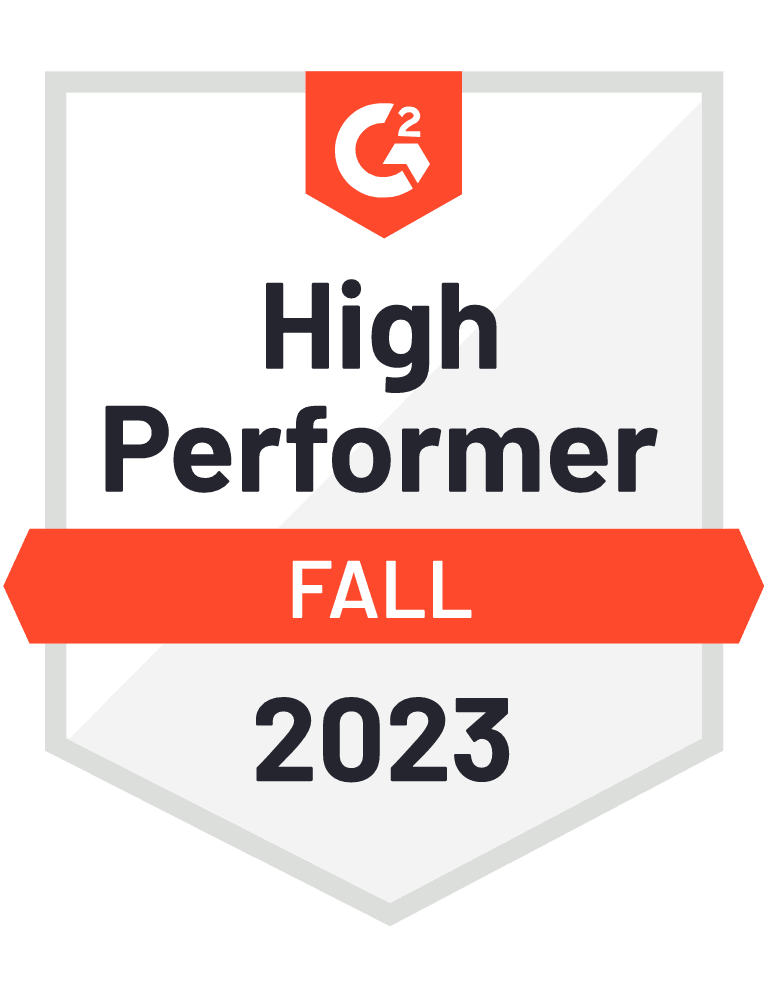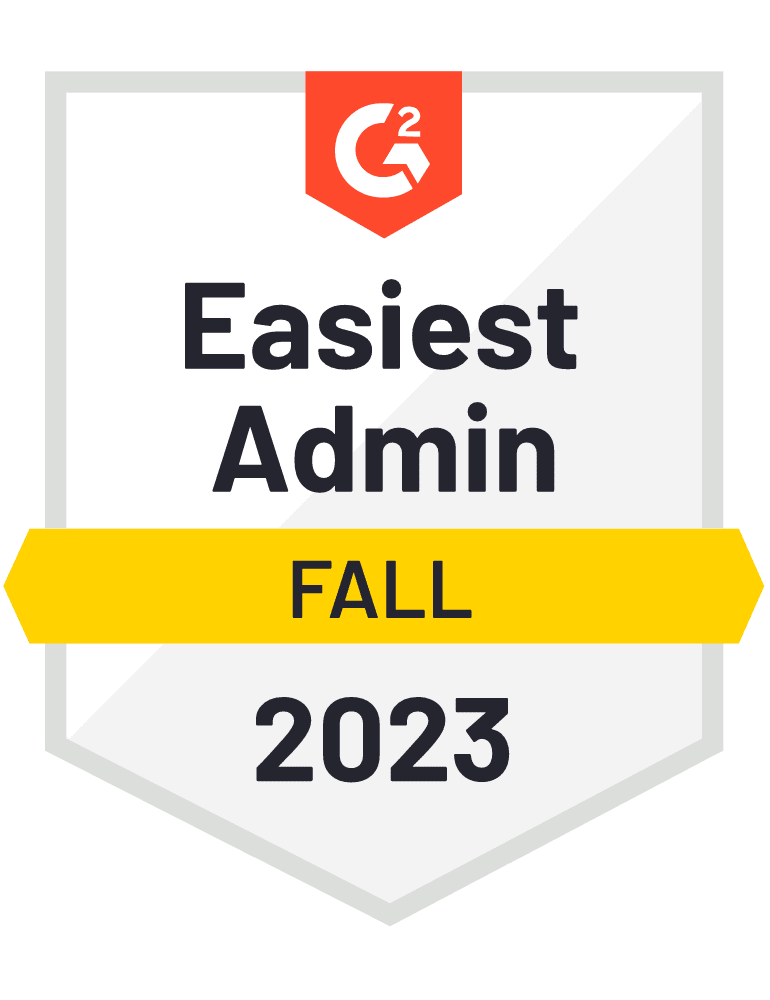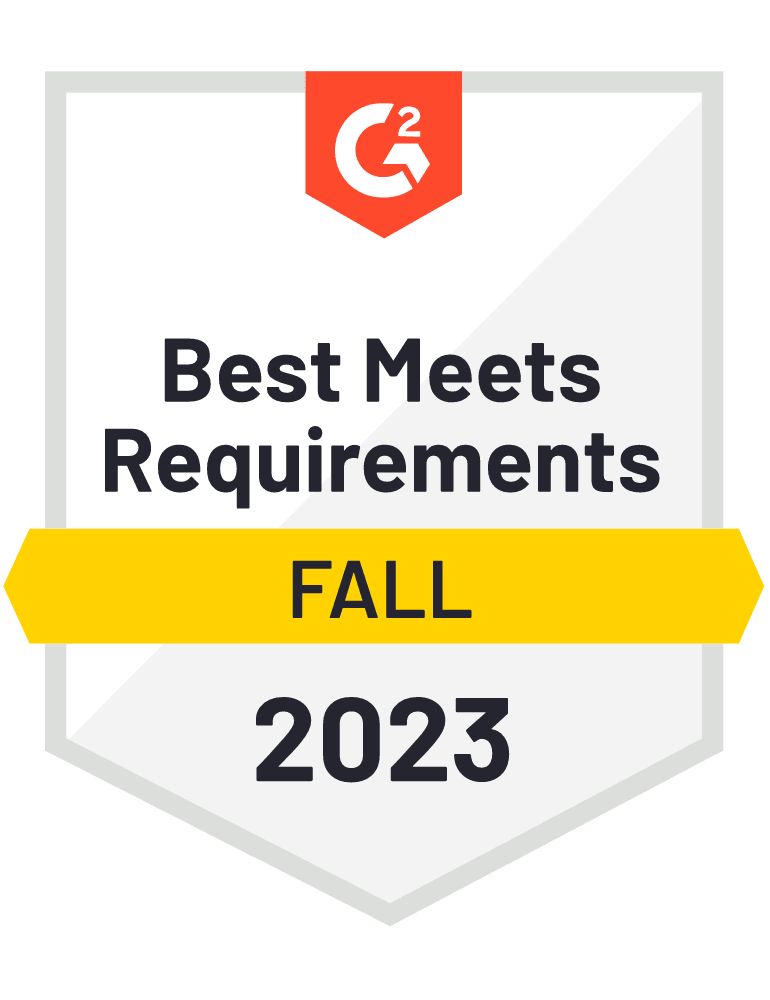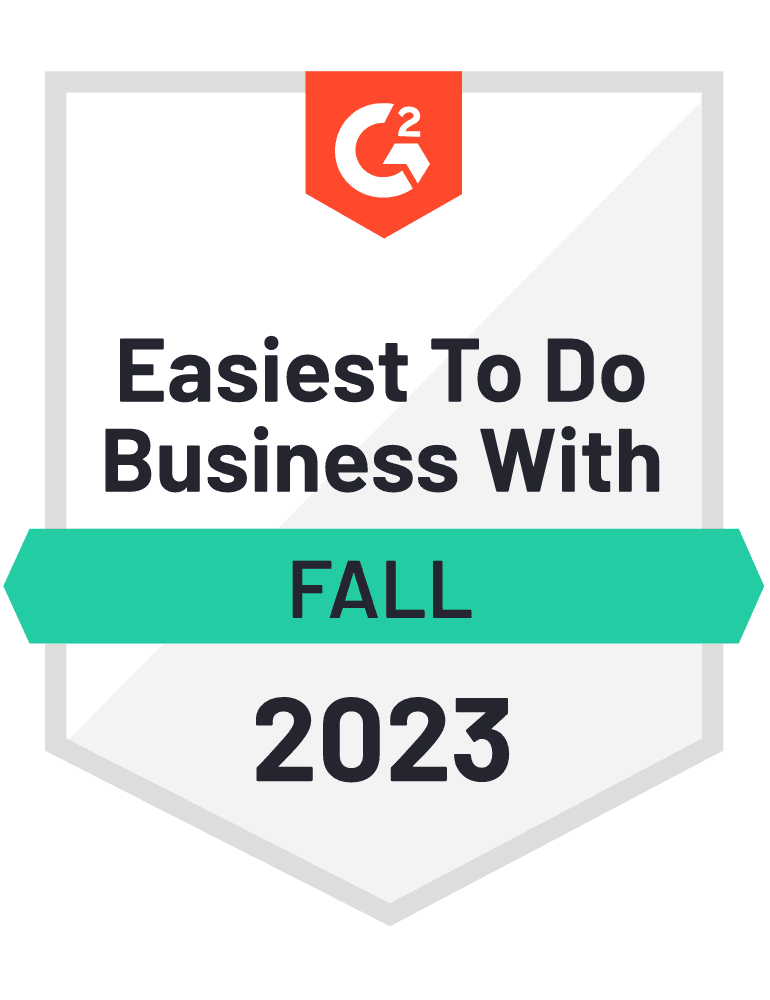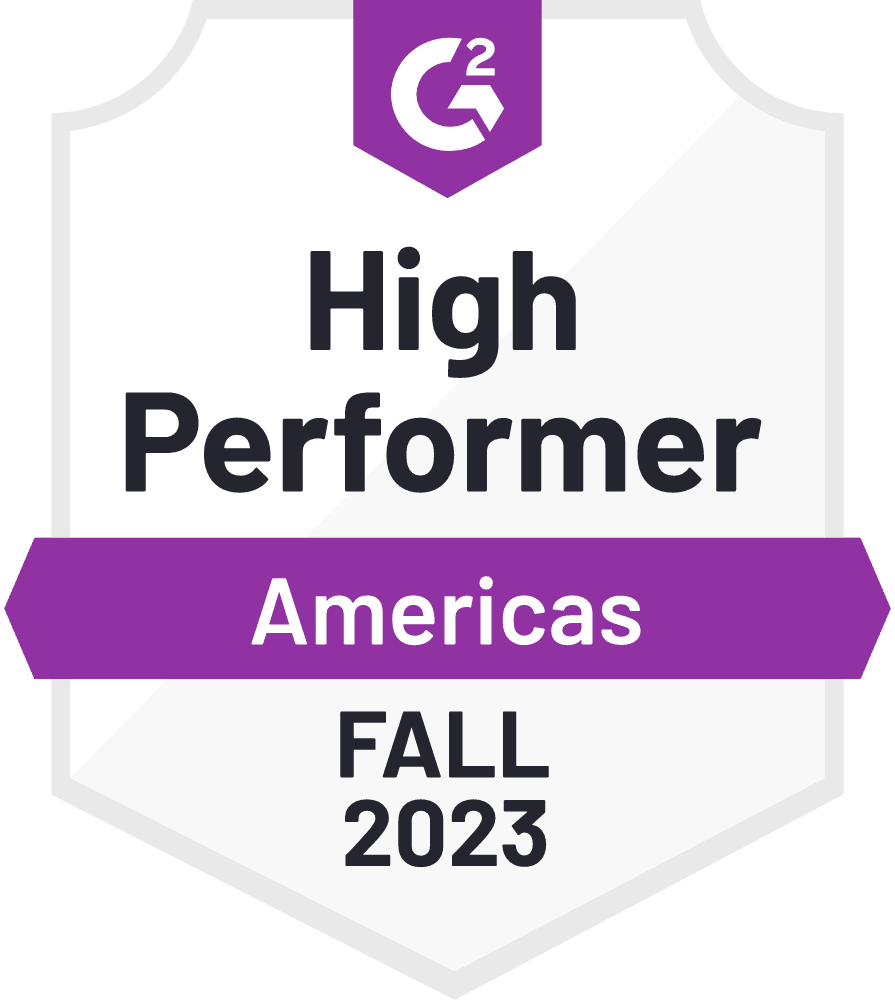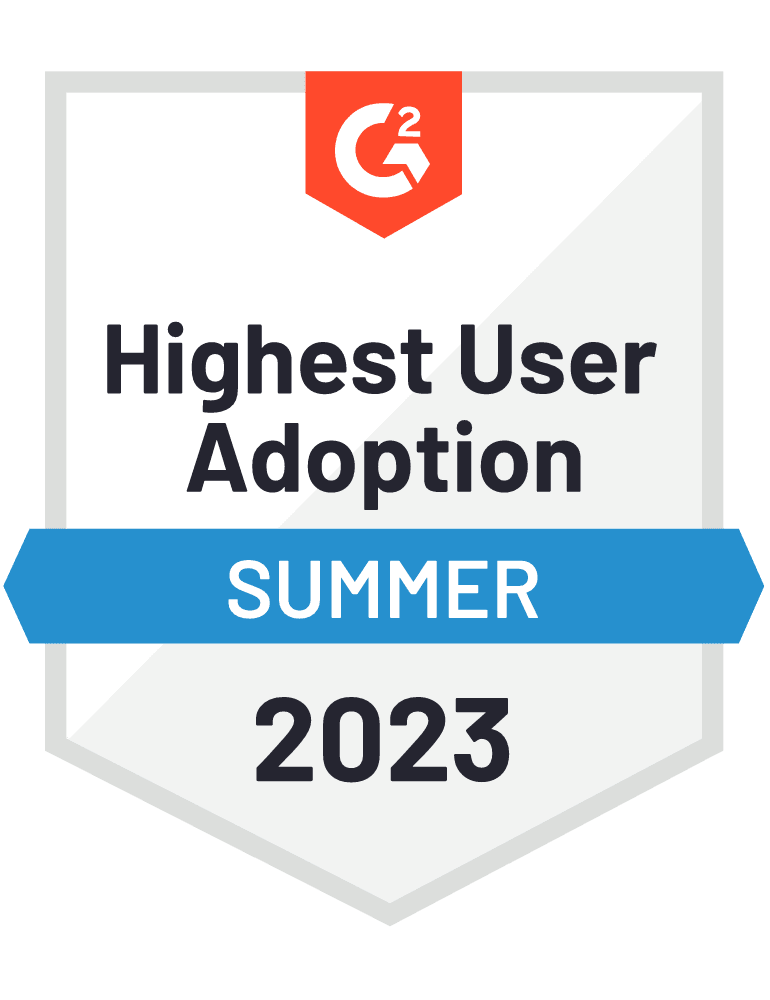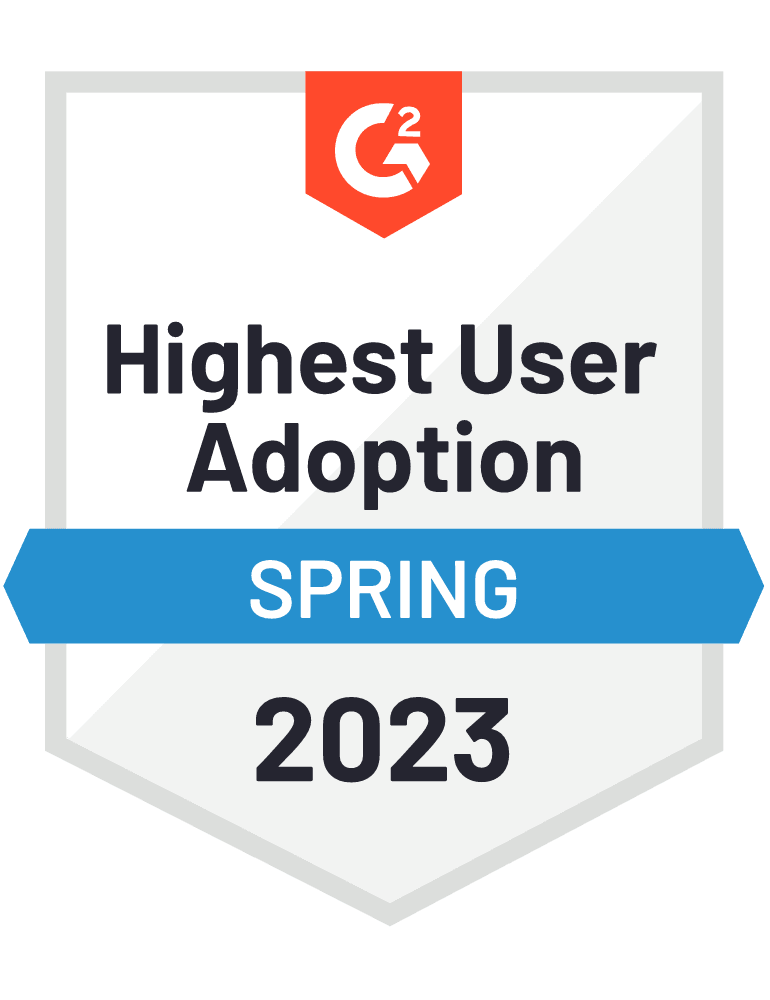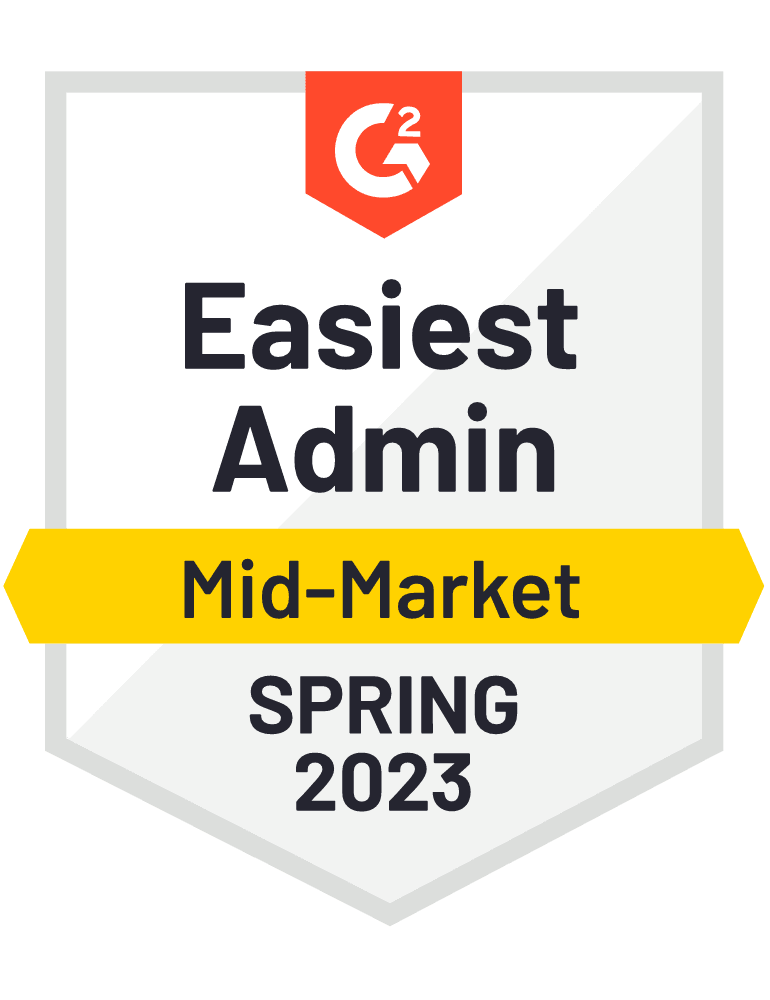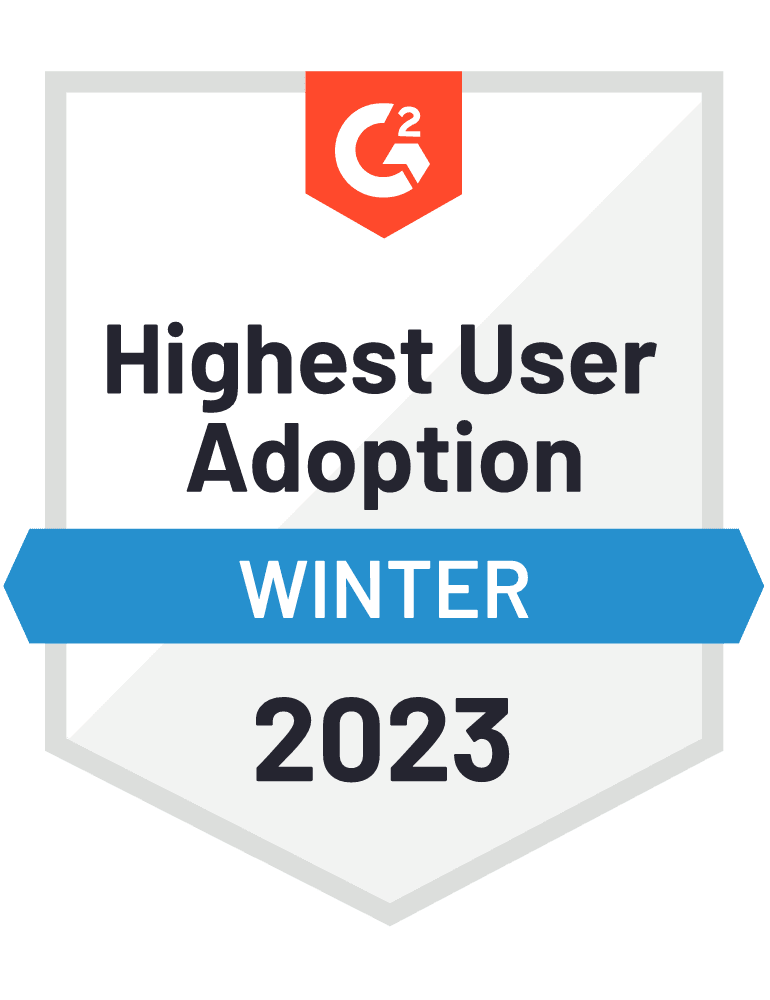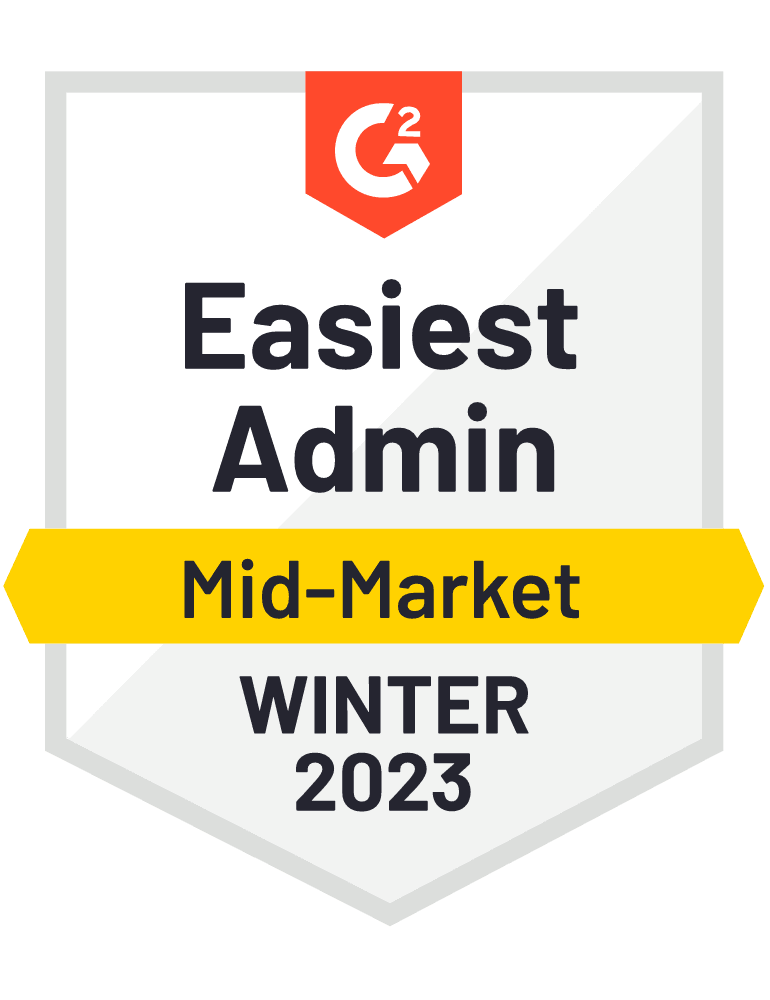Viventium’s CMO Terra Vicario Sat Down With Nevvon’s CEO James Cohen to Discuss Attracting the Right Caregivers and Providing the Right Tools to Keep Them
By 2050, America's senior population will reach nearly 88 million, up from 48 million today, requiring more support roles to assist with chronic health conditions and disabilities. The big problem is that even though the demand is increasing, the number of caregivers that are and will be taking care of our aging population is low. On top of that, the turnover rate is high and the retention rate is low, with an annual turnover rate of 65.2%. Successfully hiring caregivers in these historic, fast-changing times requires a different set of tools and techniques.
To address this question, we turned to James Cohen, CEO and co-founder of Nevvon, an innovative home and health care educational technology company with a learning management system that’s designed to provide accessible training to caregivers from anywhere at any time.
Terra
James, I read a staggering statistic from Gallup that says only 12% of employees believe their company's onboarding programs adequately trained them for their roles. That leaves 88% feeling inadequately trained. SHRM, the Society for Human Resource Management, also recently revealed that 69% of employees are more likely to stay in a role for three years with great onboarding. James, these statistics are pretty powerful. What are the types of learning that caregivers appreciate?
James
That is an excellent question. I think from what we're seeing is that caregivers definitely appreciate easy-to-access, bite-sized lessons that they can easily digest on the go. As we know, many of these caregivers, their schedules are all over the place. They could be doing night shifts on weekends. They're not the consistent 9-to-5 job. Their time is very valuable to them. For them to have the ability to learn in small spurts on their phone – they very much appreciate that type of learning as well.
We know the health care world and the personal care aid world. English is many times a second language. When you can train them in their own native language, it creates a very big comfort level for them. They feel a lot more empowered, and they feel invested in. A lot of that appreciation comes back as feedback from the caregivers and makes sense.
Terra
What, if any, shifts have you seen happen recently in training?
James
Obviously with the pandemic, there's a lot of misinformation going on around infection control. There's a huge demand for updated state-mandated best practices around infection control that is continually updated and relevant. That's by far the most requested course.
Terra
James, what correlations do you draw between training and retention?
James
Amazing question. What we're finding is that many agencies are literally sending just warm bodies out on the job. And many times, they're not prepared. They don't have the plan of care, they are not properly updated, they don't exactly know what they are supposed to do, and they don't feel well equipped.
I'll give a great example. Many clients at home, unfortunately these days, have dementia. There are a lot of behavioral issues that come around when you do have dementia, which takes training and skill to know how to care for someone with dementia. As a result, what we're finding is if the caregiver is more prepared in terms of the training that they have in order to provide better care, they feel more confident.
They feel that their company invested in them, and they just lower the anxiety levels. They feel better about their job. They feel better about the last 30 days and everything that they've done. We see a clear and direct line between having a better trained caregiver, both helping recruitment and retention.
Terra
I can't imagine walking into a situation and not knowing exactly how to handle it, and I think that, as you mentioned, anxiety over what you're walking into doesn't help anyone. It doesn't help the patient, doesn't help the caregiver.
I'm sure we could go on for hours on this topic because I know we're all passionate about this. I just wanted to get a couple little tidbits on what the future looks like here – what do you see the future of training looking like?
James
We think the future will be very caregiver centric. What will make it easier for them? When we think about the training, it's a way where they can learn in training that’s easy and simple for them to consume and mobile friendly.
They're all on their phones right now. They're not using laptops and aren’t using computers. We need to use plain language when we're training them multilingually in their native languages. If they're going on to a job, they want a refresher in their training.
They should be able to go onto their phone, have an easily searchable and easily accessible quick, bite-sized training that they can have a refresher in three to five minutes that they can watch before they go into the job.
That's what we're seeing. It's all around the caregiver to empower them in order to create a better health outcome.
This information is for educational purposes only, and not to provide specific legal advice. This may not reflect the most recent developments in the law and may not be applicable to a particular situation or jurisdiction.

